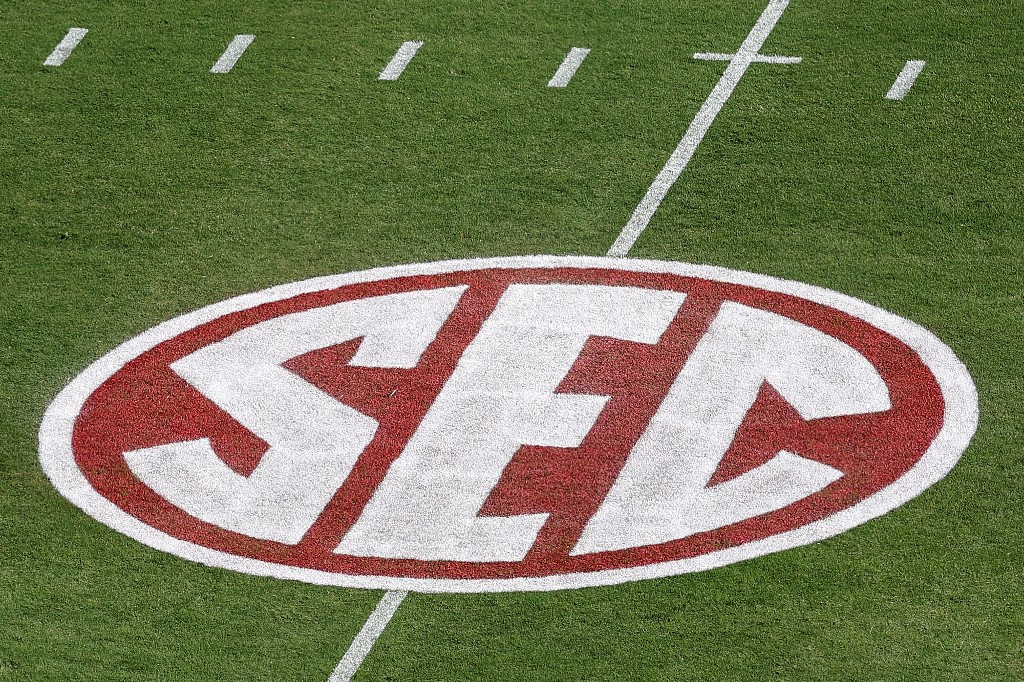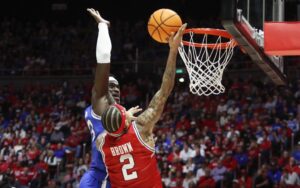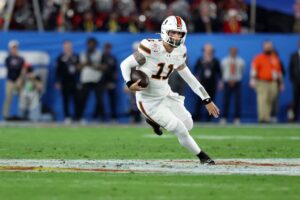SEC Pushes Back on New NCAA Rule to Allow College Athletes to Bet on Pro Sports

The NCAA’s controversial new rule allowing college athletes to bet on professional sports is getting intense criticism, ranging from professional athletes to the powerful Southeastern Conference. Because of that scrutiny, a vote has been delayed to ratify the new rule change.
Betting Blowback
A controversial rule change allowing collegiate athletes to bet on professional sports has been met with incredulity by many administrators and former professional athletes, such as NBA Hall of Famer Charles Barkley, who quipped, “Anybody who thinks that’s a good idea should have their head examined.”
The Division I Board of Directors voted earlier this week to delay the rule’s effective date to November 22nd due to the simmering backlash. SEC commissioner Greg Sankey was outspoken in his criticism, saying the rule is “a major step in the wrong direction.”
Although betting on college sports and sharing insider information will remain taboo, the rule change is intended to be able to allocate resources for serious integrity violations that deal with collegiate point shaving and other serious infractions.
NCAA’s Explanation
Josh Whitman, Illinois athletic director and chair of the committee, said in a press release regarding the intended change, “The Administrative Committee was clear in its discussion today that it remains concerned about the risks associated with all forms of sports gambling but ultimately voted to reduce restrictions on student-athletes in this area to better align with their campus peers. This change allows the NCAA, the conferences, and the member schools to focus on protecting the integrity of college games while, at the same time, encouraging healthy habits for student-athletes who choose to engage in betting activities on professional sports.”
In short, social mores are changing regarding sports betting, and it has become so mainstream that it would be difficult to enforce it and even a waste of time, as long as it does not affect the integrity of the college sports being played.
Focusing on What Matters
As surprising as the NCAA’s new perspective is on college athletes gambling on professional sports, it is seen by some as a necessary step in focusing enforcement efforts on the bad actors and not college athletes doing nothing more than their peers are doing that are of legal age to bet.
Dr. Deena Casiero, the NCAA’s chief medical officer, said, “Abstinence-only approaches to social challenges for college-aged individuals are often not as successful as approaches that focus on education about risks and open dialogue. This harm reduction approach gives schools an opportunity to help student-athletes make educated decisions, prevent risky behavior, and seek support without fear of impacting their eligibility.”
Nevertheless, many are opposed to loosening the strict regulations imposed on collegiate athletes, with SEC Commissioner Sankey writing, “The integrity of competition is directly threatened when anyone with insider access becomes involved in gambling. The NCAA’s policy has long stood as an expression of our collective integrity, and its removal sends the wrong signal at a time when the gambling industry is expanding its reach and influence.”
The decision to make the rule change is now in jeopardy, but a vote is expected to be held later this year or early in 2026.






